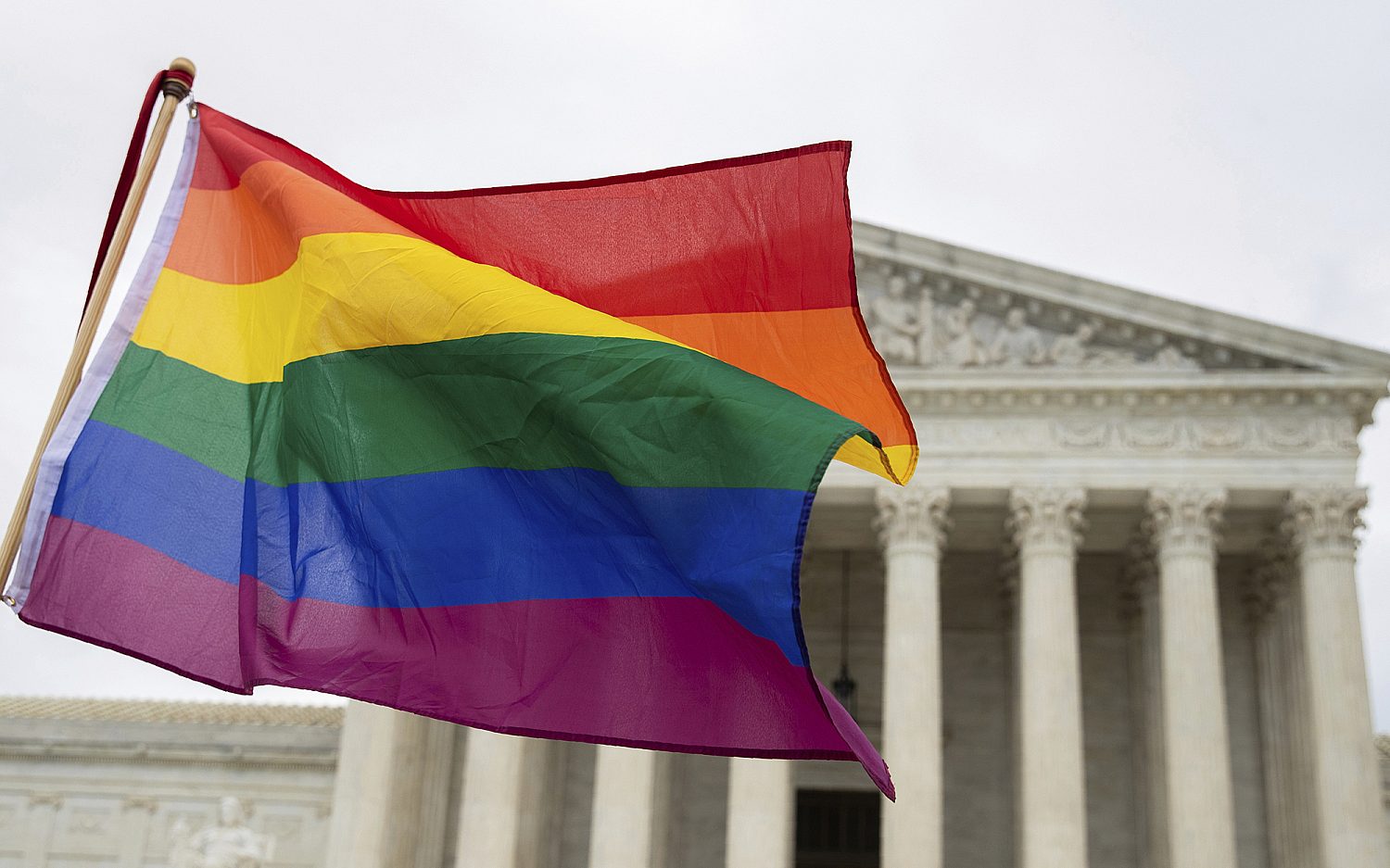Vets with PTSD increasingly turn to pot, get addicted
The number of veterans using marijuana to treat their post-traumatic stress disorder (PTSD) symptoms is on the rise, even in states where medical marijuana is not yet legal.
Although the Veterans Administration has not approved its use, citing a lack of controlled studies to evaluate the safety and effectiveness of medical marijuana for PTSD, it has been keeping tabs on the increasing percentage of vets suffering both PTSD and cannabis use disorder, or marijuana dependence, which has increased from 13 percent in 2002 to nearly 23 percent in 2014.
Many veterans are willing to risk the possibility of addiction because they believe pot can help them manage their anxiety, insomnia, and nightmares better than prescription drugs such as Zoloft and Klonopin.
“I went from being an anxious mess to numbing myself with the pills they were giving me,” said Mike Whiter, a 39-year-old former Marine who lives in Philadelphia, where marijuana is illegal. “Cannabis helped me get out of the hole I was in. I started to talk to people and get over my social anxiety.”
But for those vets who have been diagnosed with both marijuana dependence and PTSD, the combination can be tragically deadly.
Andy Zorn was diagnosed with PTSD after serving in Iraq. He later developed marijuana dependence as well as depression and bipolar disorder. Andy killed himself in 2014 at age 31, writing in his suicide note that “marijuana killed my soul & ruined my brain.”
“He told me he found it much harder to quit than he thought it would be,” said Andy’s mother, Sally Schindel. “He’d buy it and smoke it and then flush the rest of it. The next day he bought it again.”
Stories of vets such as Whiter and Zorn are fueling the debate about whether states and the federal government should legalize the drug for PTSD treatment. Controlled, clinical studies of marijuana’s safety and effectiveness in treating PTSD are just now being conducted and the results won’t be available for another few years. The limited studies done so far have had mixed results, with some showing marijuana helps manage PTSD symptoms and others suggesting it may make symptoms worse.
“Marijuana seems to produce a decrease in symptoms that are related to anxiety in people with PTSD, but in the short term, and in general,” said Steven Crider, a physician in western North Carolina who specializes in treating people with drug addictions. “After a while of regular use what I think happens in most folks is that it actually makes the anxiety a little worse.”
PTSD sufferers often experience panic attacks associated with a flood of adrenalin when something triggers a particular traumatic memory. It’s that adrenalin rush that should be treated with medication, Crider said.
“The most reasonable kind of drug would be beta blocker,” he told me. “Something that would block the effects of the surge of adrenalin.”
Although Crider doesn’t believe marijuana is helpful in treating PTSD symptoms, he acknowledges many people swear it helps them cope with health problems such as chronic headaches and nausea. He wants medical marijuana legalized in North Carolina so he could work with his patients who find it helpful.
“I’m not saying that I think it’s a magic thing,” Crider said. “I think that the fact that it’s illegal makes it appear in people’s minds as being better than it is.” Once it becomes legal, Crider predicts some of the attraction will wane.
“But nevertheless I wish I could prescribe it and help people who say it’s the only thing that works for this or that,” he said.
The Associated Press contributed to this report.
An actual newsletter worth subscribing to instead of just a collection of links. —Adam
Sign up to receive The Sift email newsletter each weekday morning for the latest headlines from WORLD’s breaking news team.




Please wait while we load the latest comments...
Comments
Please register, subscribe, or log in to comment on this article.